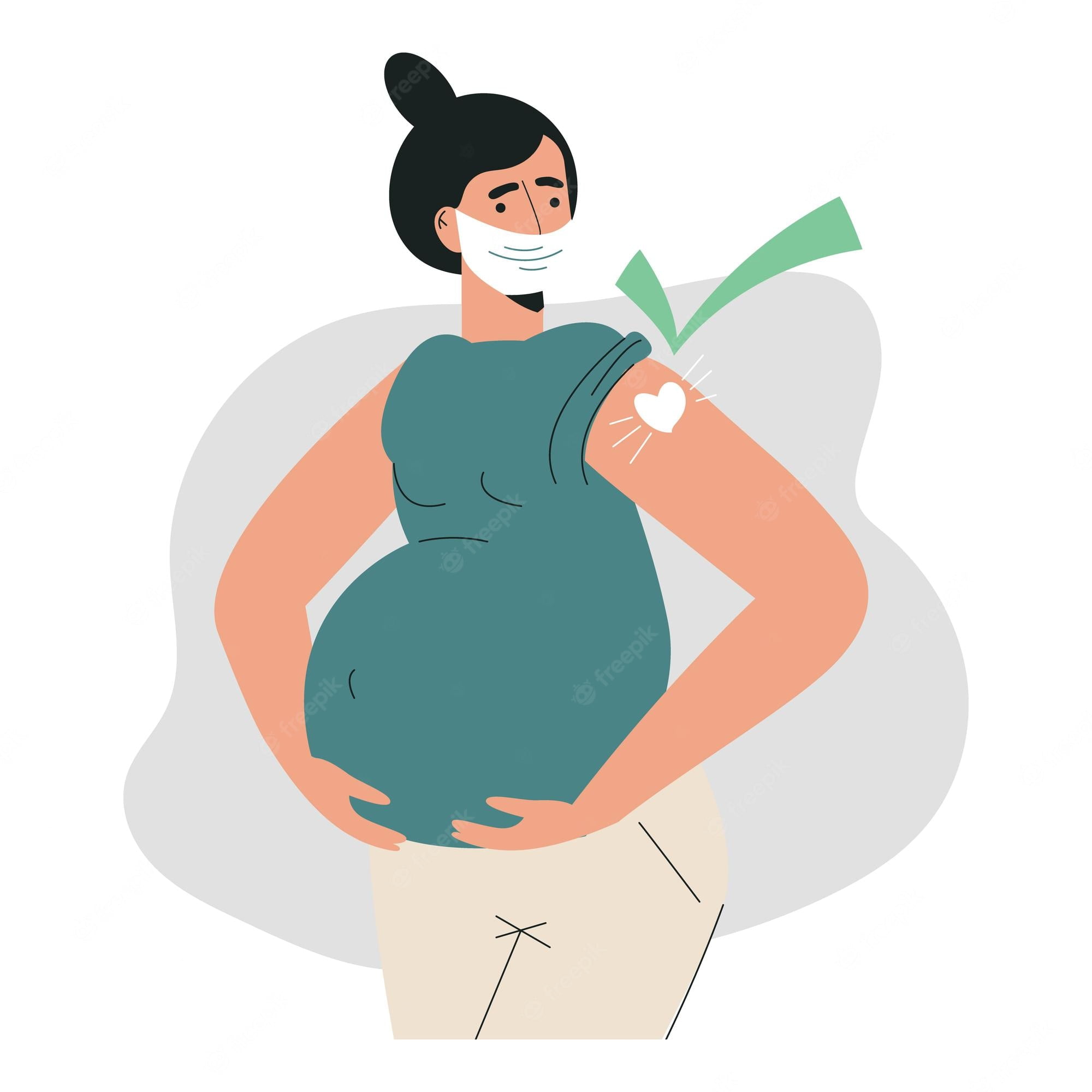
Contents
- 1 1. Introduction
- 2 2. Understanding Whooping Cough (Pertussis)
- 3 3. The Importance of Vaccination during Pregnancy
- 4 4. Pros of Receiving the Whooping Cough Vaccine during Pregnancy
- 5 5. Cons and Concerns of the Whooping Cough Vaccine during Pregnancy
- 6 6. Making an Informed Decision
- 7 7. Frequently Asked Questions (FAQs)
- 8 8. Conclusion
- 9 9. Get Access Now
1. Introduction
When expecting a baby, protecting both the mother’s health and the newborn’s well-being is of paramount importance. One crucial aspect of safeguarding the baby’s health is vaccination during pregnancy. In this article, we will explore the pros and cons of getting the whooping cough vaccine during pregnancy, enabling you to make an informed decision for you and your baby’s health.
2. Understanding Whooping Cough (Pertussis)
Whooping cough, medically known as pertussis, is a highly contagious respiratory infection caused by the bacterium Bordetella pertussis. It can be severe and even life-threatening, especially for infants who have not yet received their full immunization schedule.
3. The Importance of Vaccination during Pregnancy
Vaccination during pregnancy is recommended to protect both the pregnant woman and her unborn child. The maternal immune system goes through changes during pregnancy, making expectant mothers more susceptible to infections. By getting vaccinated, mothers can pass on protective antibodies to their babies, offering them early protection against certain diseases.
4. Pros of Receiving the Whooping Cough Vaccine during Pregnancy
– Protection for the Newborn
By receiving the whooping cough vaccine during pregnancy, mothers can pass on protective antibodies to their babies before birth. This passive immunity provides newborns with some protection against whooping cough during the first few months of life when they are most vulnerable.
– Boosting Maternal Immunity
Vaccination helps boost the mother’s immune system, protecting her from falling ill during pregnancy and reducing the risk of complications that might affect both her and the baby.
– Reducing Transmission Risks
Vaccinated mothers are less likely to contract and transmit whooping cough to their newborns and others, creating a protective barrier around the baby.
– Safe and Well-Tolerated
Extensive research and clinical trials have shown that the whooping cough vaccine is safe and well-tolerated for pregnant women, with only mild side effects reported in some cases.
5. Cons and Concerns of the Whooping Cough Vaccine during Pregnancy
– Mild Side Effects
As with any vaccine, some pregnant women may experience mild side effects, including pain at the injection site, mild fever, or fatigue. However, serious reactions are exceedingly rare.
– Rare Serious Adverse Reactions
While severe adverse reactions are exceptionally uncommon, as with any medical intervention, there is a small risk of a serious allergic reaction.
– Allergic Reactions
Pregnant women with a known history of severe allergic reactions to any component of the vaccine should consult their healthcare provider before receiving the whooping cough vaccine.
– Ethical Considerations
Some individuals may have personal or religious beliefs that conflict with vaccination. Deciding whether to receive the whooping cough vaccine during pregnancy requires thoughtful consideration and open communication with healthcare providers.
6. Making an Informed Decision
Before making a decision about the whooping cough vaccine during pregnancy, it is essential to consult with a healthcare professional. They can provide personalized guidance based on the mother’s medical history, current health status, and potential risk factors.
7. Frequently Asked Questions (FAQs)
- Is the whooping cough vaccine safe for pregnant women?
- Yes, the whooping cough vaccine is considered safe for pregnant women and is recommended by healthcare authorities.
- When should pregnant women get the whooping cough vaccine?
- The best time to get vaccinated is between the 27th and 36th week of pregnancy.
- Can the whooping cough vaccine harm the unborn baby?
- No, the vaccine is not known to cause harm to the unborn baby. In fact, it provides early protection for the newborn.
- Are there any long-term effects of the whooping cough vaccine during pregnancy?
- Extensive research has not shown any long-term adverse effects on the mother or the baby due to the vaccine.
- Can pregnant women with allergies receive the whooping cough vaccine?
- Pregnant women with known severe allergies to the vaccine components should consult their healthcare provider.
8. Conclusion
Receiving the whooping cough vaccine during pregnancy offers substantial benefits, including protecting the newborn and boosting maternal immunity. While mild side effects are possible, severe adverse reactions are extremely rare. It is essential for expectant mothers to have an open conversation with their healthcare provider to make an informed decision that best suits their unique circumstances.
9. Get Access Now
To ensure the health and safety of both you and your baby, consider getting access to the whooping cough vaccine during pregnancy. Take the proactive step towards safeguarding your family’s well-being.




